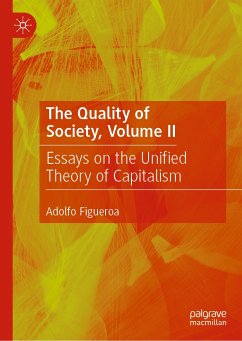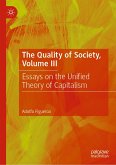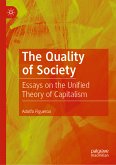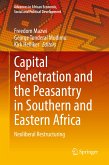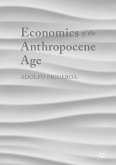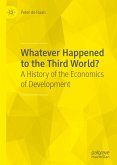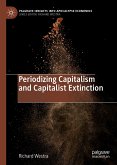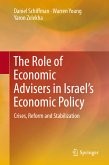Adolfo Figueroa holds a Ph.D. degree in economics from Vanderbilt University, USA. He is a Professor Emeritus of Economics at the Catholic University of Peru. He has published several books with Palgrave: The Quality of Society, Economics of the Anthropocene Age, Rules for Scientific Research in Economics, and Growth, Employment, Inequality, and the Environment. During his distinguished academic career, Figueroa served as a visiting professor at American, European, and Latin American universities. And he participated in several international collaborative research projects (at the University of Oxford, University of Wisconsin-Madison, and other institutions). As a professional economist, he worked as consultant to several international organizations (including the World Bank, ILO, UNDP, FAO, and IFAD), doing fieldwork in Africa, Asia, and Latin America.
Dieser Download kann aus rechtlichen Gründen nur mit Rechnungsadresse in A, B, BG, CY, CZ, D, DK, EW, E, FIN, F, GR, HR, H, IRL, I, LT, L, LR, M, NL, PL, P, R, S, SLO, SK ausgeliefert werden.

